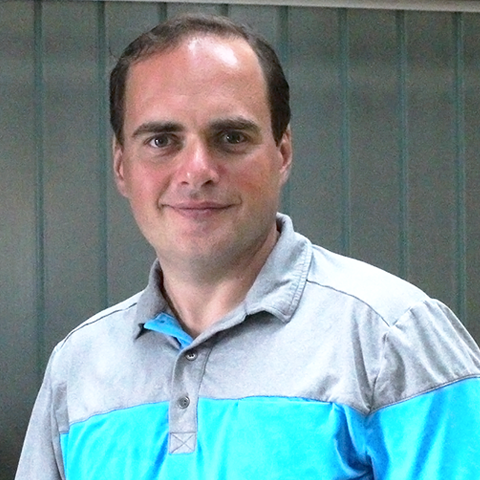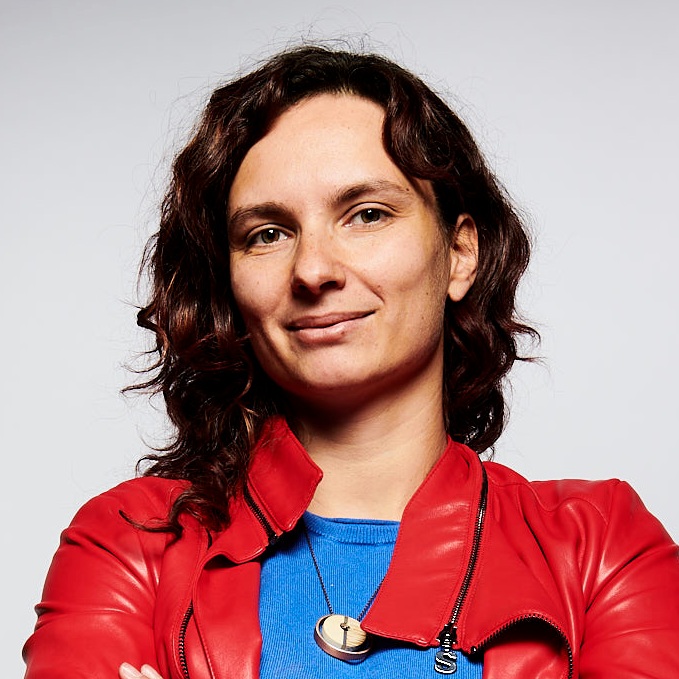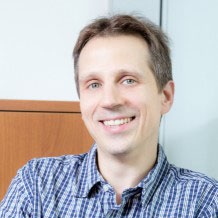Computational Biomedicine
Researchers in the Computational Biomedicine group are interested in the development of novel computational approaches for analysis and modeling of medical and biological data. The group combines faculty members with background in diverse areas of computer science, including machine learning, algorithms, natural language processing, bioinformatics, and structural biology who apply their methodologies to disparate biological problems such as prediction of patient risk, models of analysis of clinical data, gene function characterization, genome analysis, and understanding of protein structure.
Visit our faculty web pages to learn about their research, find out about Computational Biology and Computational Medicine courses taught at U of T and get information about how to join our group.
Core Faculty
Gary Bader’s research interests focus on machine learning and NLP of biomedical text, data integration/fusion methods for precision medicine, and causal inference.
Michael Brudno’s main research interest is the development of computational methods for the analysis of clinical and genomic datasets, especially capture of precise clinical data from clinicians using effective user interfaces, and its utilization in the automated analysis of genomes.
Professor Frey leads a research group who invent new algorithms for machine learning and study scientific and engineering problems in genome biology.
Marzyeh Ghassemi’s lab focuses on several research directions, primarily representation learning, behavioral machine learning, machine learning for healthcare, and "healthy" machine learning.
The current focus of Anna Goldenberg’s lab is on developing machine learning methods that capture heterogeneity and identify disease mechanisms in complex human diseases as well as developing risk prediction and early warning clinical systems.
Haibe-Kains and his team are using publicly available radiomic and pharmamcogenomic datasets and data generated through his collaborations to develop new machine learning models with the aim to better predict patients' survival and response to anticancer therapies.
Michael Hoffman creates predictive computational models to understand interactions between genome, epigenome, and phenotype in human cancers.
Igor Jurisica's lab develops and applies integrative computational biology tools to identify prognostic/predictive signatures, find clinically relevant combination therapies, and develop accurate models of disease -altered networks and signaling cascades, and drug mechanism of action.
Development of next-generation therapeutics. We use a combination of machine learning and classical models to design custom peptides and proteins for specific functions. To ensure real-life applicability, we tightly integrate powerful computational methods with modern wet-lab experiments.
The Morris Lab uses machine learning and statistical modeling to help decode the human genome.
We develop computational and statistical techniques that use big biological data to understand how molecules create cells’ complex behaviours.
Professor Munteanu's research interests are generally dedicated to facilitating natural, meaningful, multimodal interactions between humans and information-rich media, computing devices, and technology.
Fritz Roth's group is at the intersection of large-scale experimental and computational genetics, with major foci on testing and modeling the effects of human genome variation and on mapping and analyzing protein and genetic interaction networks.
Frank Rudzicz applies machine learning to healthcare, especially in the context of surgical safety.
Jared Simpson's lab develops new algorithms and software for analyzing genome sequencing data, with a particular interest in de novo assembly and new sequencing technologies.
Zhaolei Zhang studies noncoding RNAs and their roles in gene regulation and human diseases. His team also collaborates with clinicians in cancer genomics and drug discovery.
















